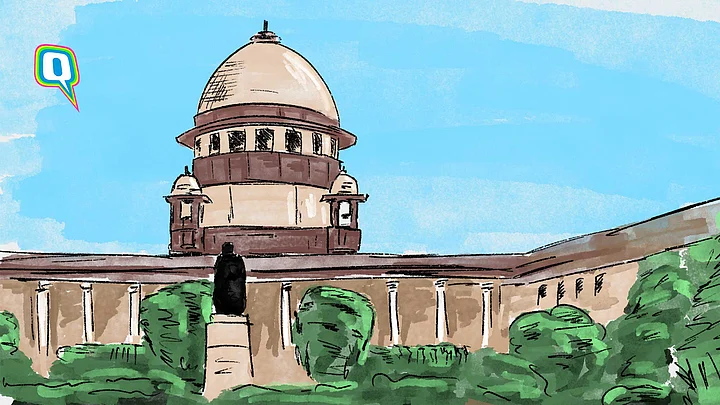During the hearing of a Maratha quota case on 19 March 2021, a Constitutional bench of the Supreme Court asked, for how many generations would reservations in jobs and education continue, and spoke of the “resultant inequality” in case the 50 percent overall limit was removed.
The stance was fiercely opposed by senior advocate Mukul Rohatgi who appeared for the state of Maharashtra and said the Centre's decision of granting 10 percent reservations to people from economically weaker sections also breached the 50 percent cap.
The bench, which also comprised Justices L Nageswara Rao, S Abdul Nazeer, Hemant Gupta, and S Ravindra Bhat had said, “If there is no 50 percent or no limit, as you are suggesting, what is the concept of equality then...How many generations will you continue.”
Rohatgi, in response to the SC’s questions, referred to Constitutional amendments in the past 30 years since the Indra Sawhney case, evidencing that the country has not reached “anywhere near the emancipation” of its backwards classes.
“The fact of the matter is, Parliament should know what is going on in the country. If Parliament knows it is more than 50 percent and has given 10 per cent to a class of economically backward section, no warrant from court should say it cannot go over 50 percent,” he argued.
